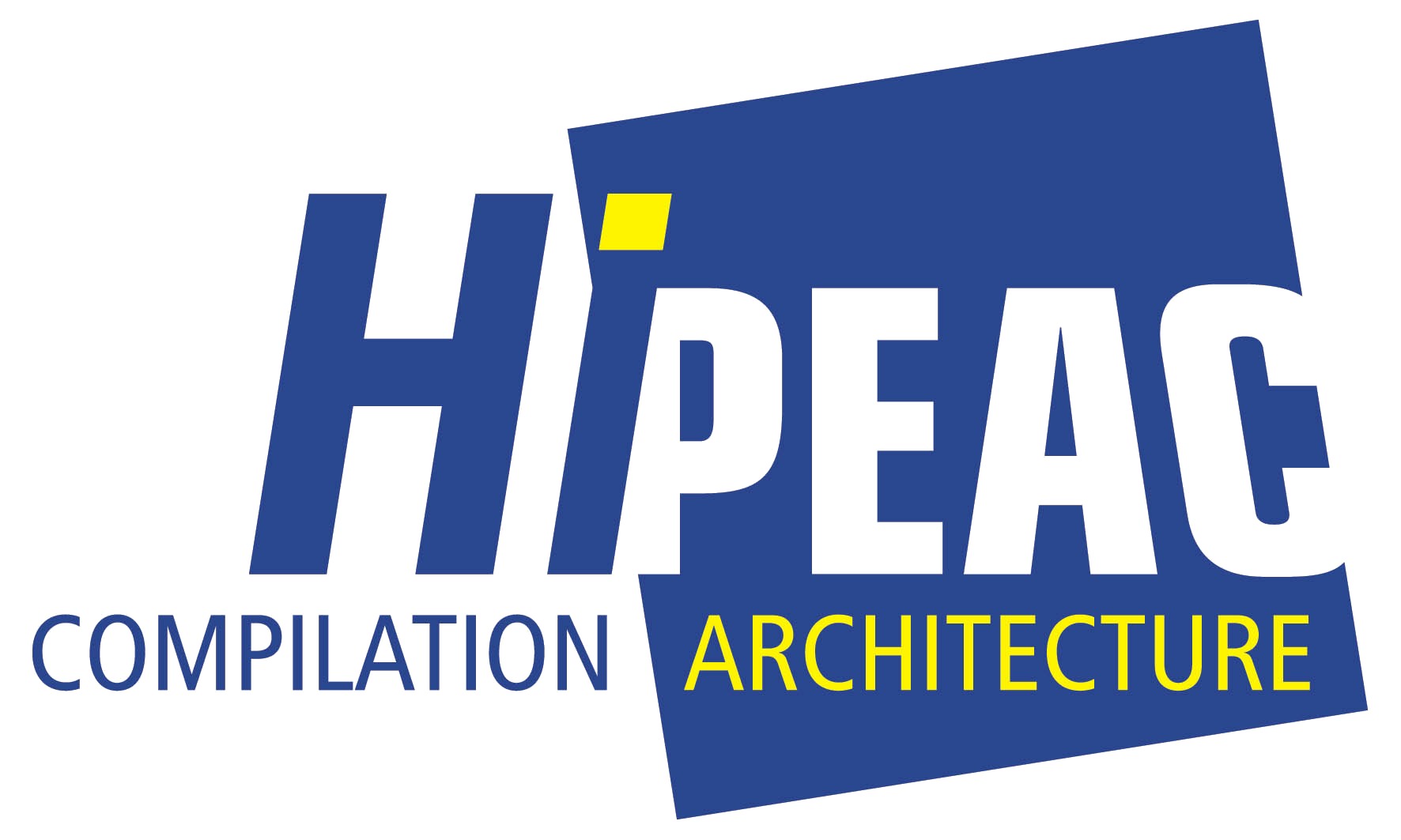General Chair:
Program Co-Chair:
Program Co-Chair:
Publicity Chair:
Publication Chair:
Submission and Web Chair:
Steering Committee:
- João Bispo, UPORTO/INESCTEC
- Giovanni Agosta, POLIMI, IT
- João M.P. Cardoso, UPorto, PT
- Stefano Cherubin, NTNU, NO
- William Fornanciari, POLIMI, IT
- Michael Hübner, B-TU, DE
- Cristina Silvano, POLIMI, IT
- Dimitrios Soudris, NTUA, GR
Program Committee
- Lorenzo Casalino, INRIA, FR
- Alessandro Cilardo, University of Naples Federico II, IT
- Luis Costero, Universidad Complutense de Madrid, ES
- Damien Couroussé, CEA, FR
- Hans Jakob Damsgaard, Tampere University, FI
- Kim Gruettner, German Aerospace Center, DE
- Dewant Katare, Delft University of Technology, NL
- Michal Kulczewski, Poznań Supercomputing and Networking Center, PL
- Saurabh Kumar, Walmart Labs, US
- Gianluca Leone, University of Cagliari, IT
- Francesco Leporati, University of Pavia, IT
- Konstantina Mitropoulou, AMD
- Panagiotis Mousouliotis, Aristotle University of Thessaloniki, GR
- Luigi Pomante, University of L'Aquila, IT
- Mario Porrmann, Osnabrueck University, DE
- Marco Procaccini, University of Siena, IT
- Alfonso Rodriguez, Universidad Politécnica de Madrid, ES
- Joseph Rogers, Norwegian University of Science and Technology, NO
- Ruben Salvador, CentraleSupélec - IETR, FR
- Leonel Sousa, Universidade de Lisboa, PT
- Sander Stuijk, Eindhoven University of Technology, NL
Krakow, Poland, 27/01/2026
Co-located with HiPEAC
Scope of the Workshop
Recent advances in AI have increased pressure on classical computing architectures, prompting researchers and engineers to explore more efficient ways to perform computations. From HPC systems to mobile and embedded platforms, there is a growing need to design both hardware and software with attention to energy efficiency, privacy, security, data locality, and raw performance.
The upcoming edition of the PARMA-DITAM workshop will focus on technologies and methodologies that address evolving computational demands while taking into account environmental, societal, and political constraints.
This year’s main topics include:
- T1: Specialized digital and analog accelerators, including in-memory and near-memory processing
- T2: Energy optimization in hardware and software, including approximate computing techniques
- T3: Heterogeneous, parallel, distributed, and edge computing systems
- T4: Compilers, tools, and frameworks supporting the use, development, and performance analysis of novel computing architectures
- T5: Open-source and sovereign hardware design, including RISC-V
- T6: Case studies, applications, and real-world demonstrations related to T1–T5
Important Dates:
14/11/2025 - 23:59 (UTC): Paper Submission Deadline- 28/11/2025 - 23:59 (UTC): NEW EXTENDED Paper Submission Deadline
12/12/2025: Acceptance Notification- 19/12/2025: (EXTENDED deadline) Acceptance Notification
08/01/2026 - 23:59 (UTC): Camera ready version of accepted papers for workshop proceedings- 19/01/2026 - 23:59 (UTC): (EXTENDED deadline) Camera ready version of accepted papers for workshop proceedings
Information for Authors:
Paper submission: Papers should be submitted electronically through EasyChair in PDF format. The review process will be double-blind. Only full papers are accepted.
All submissions are required to respect the following guidelines:
- Length: Up to 10 pages single column, excluding title page and references.
- Template: Please use the OASIcs template when preparing your manuscript.
See Camera Ready Submission Guidelines for additional details.
Camera Ready preparation instructions:
The camera ready version of the accepted papers
should be submitted up to
08/01/2026 19/01/2026
and be prepared according to the guidelines summarized
in the following link:
Camera Ready Submission Guidelines.
